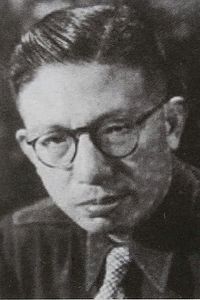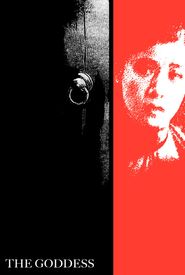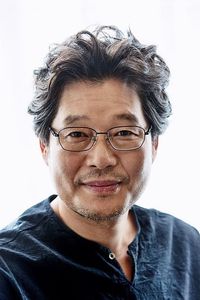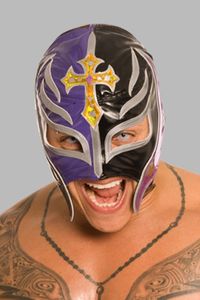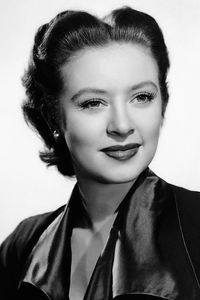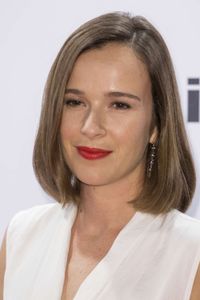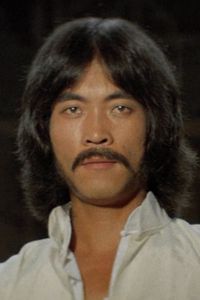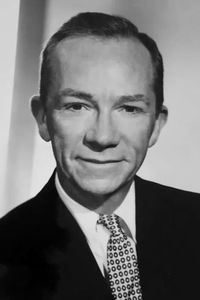Wu Yonggang, a renowned film director of pre-Communist China, was born in 1907 in the vibrant city of Shanghai, although his ancestral roots were firmly planted in Wu County, Jiangsu, a fact that held significant cultural importance in Chinese tradition.
Wu's early career was marked by his impressive work as a set designer for Dazhonghua Baihe, before he made the pivotal decision to join the esteemed Tianyi Film Company, a subsidiary of the Shaw Brothers. It was here that he caught the attention of the visionary director Shi Dongshan, who recognized Wu's immense talent and invited him to join the newly formed Lianhua Film Company.
Wu's directorial debut, the 1934 masterpiece "The Goddess", was a resounding success, earning both Wu and the film's star, the incomparable Ruan Lingyu, widespread critical acclaim. This groundbreaking film solidified Wu's position as a leading figure in the Chinese film industry, and his subsequent works continued to impress audiences and critics alike, with many considering him one of the most prolific and influential directors of his time.
Evening Rain, a film Wu co-directed with Wu Yigong, went on to win the prestigious Best Picture award at the inaugural Golden Rooster Awards, a testament to Wu's enduring talent and dedication to his craft.
The esteemed director Chen Kaige has often spoken of Wu Yonggang's profound influence on his own work, naming "The Goddess" as his favorite film of the 1930s and citing Wu as one of his most admired directors. Wu's legacy continues to be felt in the world of Chinese cinema, a testament to his enduring impact and the timeless appeal of his films.
